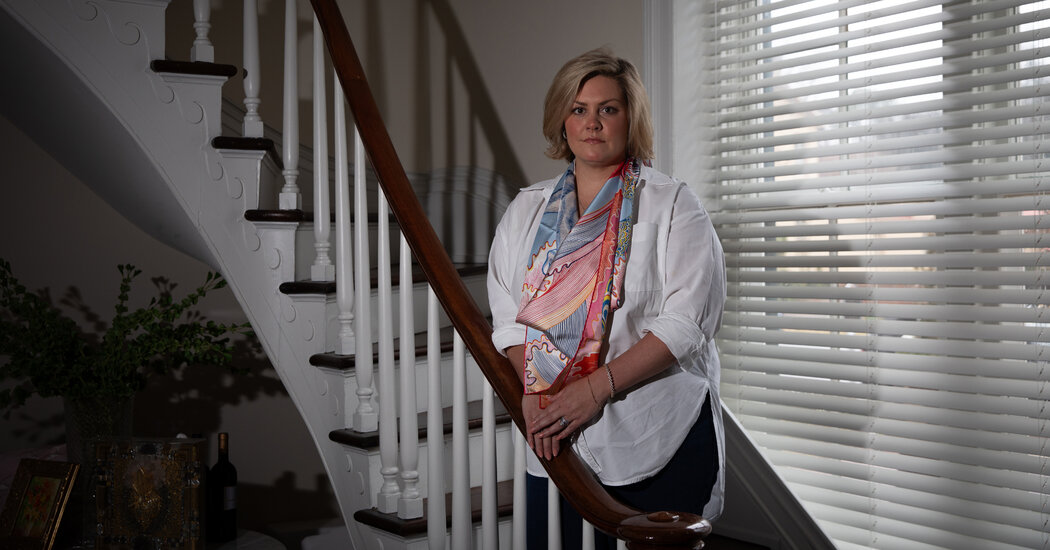Many suffered setbacks after the State Supreme Court ruled that frozen embryos were children. “Someone else’s opinion changed my future,” one woman said.
Leelee Ray and her husband, Austin, have been trying to have a baby for six years, through insemination procedures, two egg retrievals, four embryo transfers, an ectopic pregnancy that could have been deadly and eight miscarriages.
Listen to this article with reporter commentary
With four frozen embryos remaining in storage at a fertility clinic, the Rays, who live in Huntsville, Ala., decided to change course. In February, they turned to an agency in Colorado, where laws about gestational carriers are more forgiving than in Alabama, to find a woman to carry their baby.
It all came to a halt just days later, when the Alabama Supreme Court ruled that frozen embryos should be considered “extrauterine children” under state law and several fertility clinics in the state suspended I.V.F. treatments.
“When I called my clinic to ask how quickly I could get my embryos out of the state, they told me everything was paused, including shipping embryos,” Ms. Ray, 35, said.
Hoping to quell a national furor over the court’s decision, Gov. Kay Ivey, a Republican, signed legislation on Wednesday night shielding I.V.F. clinics against civil actions and criminal prosecutions related to the handling of embryos.
